
Many people in the UK are opposed to a government-issued ID. In some sections of society there is still an innate aversion to the idea of government having a deeper sight of citizen transactions.
This creates an opportunity for the financial services sector. Banks are in a very good position to play the role of the trusted party in an identity scheme. This blog sets out the vision for a British bank-based digital identity system which delivers all the benefits many other nations already enjoy.
The scene is now set for the UK to adopt a digital identity scheme underpinned by the government-backed Digital Identity and Attributes Trust Framework (DIATF) and Open Banking’s real-time technology infrastructure for exchanging personal data with customer consent. This bank-centric form of digital identity already exists in the UK. It has the potential to quickly gain ubiquity at low cost, as it is based on the comprehensive customer due diligence checks already applied by banks to their 50 million customers.

Sweden’s BankID – a precedent to follow?
Every day, BankID is used an average of twice daily by each Swedish citizen to identify themselves. Out of 10.4 million Swedes, 8.4 million use BankID. In 2022, it was used 6.7 billion times for a wide variety of private and public products and services including tax, health, postal services, e-commerce and online payments.
BankID in Sweden has played a leading role in building the foundations of a digital society and has unlocked a wide range of opportunities for a thriving digital ecosystem to develop, enabling major cost savings and innovations in products and services. It has also proved that banks are ideally positioned as the base for a digital identity scheme – as they are highly regulated to check identities and invest heavily in IT security to protect data.
For Swedish banks, BankID means an extra revenue stream, while for the government, it represents a shortcut to delivering e-services without building and maintaining its costly infrastructure. Meanwhile, businesses can rapidly develop and launch new digital products and services by leveraging trusted technologies, reducing costs and accelerating innovation.
Sweden is reaping the economic and social benefits of a ubiquitous digital identity scheme, which is both secure and user-friendly, providing the UK with an exciting example of what could be achieved by leveraging digital identity.
The UK’s circumstances are not identical to Sweden’s, but critically, we already have the key foundations for bank-verified ID. The UK government’s Department for Science, Innovation and Technology (DSIT) has developed a Digital Identity and Attributes Trust Framework to make it easier for organisations to establish trust in digital identity products in the UK. Open Banking also provides a real-time technology infrastructure to exchange personal data with customer consent.
Catch up on our September Campfire on OneID and hear what Paula Sussex, CEO at OneID had to share.
The Benefits of a Digital Identity System
For consumers and businesses: A bank-based digital identity solution allows any business to immediately verify the identity of anyone with an online bank account in the UK, which equates to nearly 50 million individuals (88% of the 56m adults with bank accounts), which far exceeds the number of adults who own a passport or driving licence.
Customers need only to provide consent to their bank to verify their identity, with just a few clicks in real-time. They do not need to download an app or upload documents or photos to use the service. Instead, they simply use their banking app to consent to their bank sharing their identity data with any specified organisation which has activated this service. Their data is transferred securely and in real-time to the relying party’s platform to provide authentication of the individual’s identity.
This slick process removes the need for manually keying personal data time after time when using different services. The same technique can be used when regularly logging into a website, avoiding the need for additional log-ins and passwords. This convenience enhances user experience and boosts customer satisfaction and loyalty, improving overall customer retention rates.
Bank-verified identity is faster and more secure than existing identity checks. This attribute becomes all the more important with the proliferation of AI-created fake documents and photos, making it increasingly challenging to filter out synthetic identities.
For banks: A UK bank-verified digital identity scheme could be transformational for banks. Banks spend around 5% of their revenue on AML compliance and customer due diligence (CDD). A bank-verified digital identity scheme creates a new revenue stream to help them recover some of those CDD costs.
With customers increasingly looking for financial services at the moment of need, in embedded digital journeys, a bank ID enables bank brands and products to be present when customers make their buying decisions. This prevents banks from losing the digital identity market to BigTech and subsequent loss of core business of savings and lending. All banks should be looking across the Atlantic, where Apple in the US has attracted $10bn of deposits into its savings product in just four months.
For the UK: There is now a broad consensus that a ubiquitous digital identity scheme is the core foundation of the full development of a digital economy. For example, McKinsey’s authoritative report on digital identity concluded that:
- Digital ID enables individuals to unlock value and benefit as they interact with firms, governments, and other individuals.
- Productivity gains equivalent to 3% of GDP could be realised (approximately £60bn for the UK).
The G20 has issued policy recommendations for advancing financial inclusion and productivity gains, highlighting the role of using technology systems at scale, known as Digital Public Infrastructure (DPI), to realise the benefits. Both public or private organisations can provide DPI, which can serve as an enabler for the UK to address its productivity gap.
The OECD has also published a paper on digital identity governance recommending a coherent digital ID strategy and cross-border interoperability. In a post-Brexit and post-pandemic economy and in the midst of a “cost of living” crisis, this is precisely the fillip which the UK’s economy needs.
Conclusion
Several countries, such as China, India, Indonesia, Brazil, Nigeria and Estonia, are ahead of the UK in introducing digital identity. In Sweden, BankID has become part of everyday life. However, in the UK, the perfect enablers have been put in place to support digital identity, thanks to the government’s Digital Identity and Attributes Trust Framework and the banking system’s Open Banking infrastructure supporting the real-time exchange of personal data, with the customer’s consent.
Bank-based ID is very much a reality and is alive today. With bank support, we can capture the benefits of a modern, digital society.
About OneID
OneID® is the only provider of truly digital, real-time identity services that create absolute certainty between a business and a customer in the fastest, cheapest and safest way. It is the only UK Identity Service with access to bank-verified data to ensure that the most advanced counter-fraud measures protect every transaction. OneID helps protect banks, businesses, and consumers from online identity fraud. By streamlining existing processes that require identity verification, including payments, direct debits, customer onboarding and more, OneID enables businesses to reduce operational costs, increase sales, and improve customer engagement.
OneID’s DIATF certifications
OneID is certified as a Digital Identity Service Provider, authorised by HM Government’s Department for Science, Innovation & Technology (DSIT), under their UK Digital Identity & Attributes Framework (DIATF). OneID was also the first Orchestration Service Provider to receive certification. This allows OneID to act as a hub to connect all of the UK’s high street banks with providers and any online journey that needs customers to identify themselves. OneID is also the first Scheme Owner to be certified under the DIATF for any role. It operates a multi-sector scheme that enables bank customers to consent to share their bank-verified identity information safely. OneID ensures that all businesses in the scheme have been properly vetted and given a OneID Trustmark so that you know the business you are dealing with is legitimate.
OneID’s recent re-certification now includes schemes such as Disclosure & Barring Service (DBS) checks for employee screening and Anti-Money Laundering (AML) compliant identity verification. OneID is also certified by the Age Check Certification Scheme (ACCS), which safeguards young people by preventing access to age-restricted products and services.
OneID’s FCA-regulated status
OneID is also regulated by the Financial Conduct Authority (FCA) to act as an Account Information Service Provider (AISP) under the Payment Services Regulations, 2017. This means OneID is authorised to use Open Banking infrastructure to enable customers to consent to share their personal data from their bank with selected parties in real time.



 13:23 07 Nov 2023
13:23 07 Nov 2023  " alt="">
" alt="">

 " alt="">
" alt="">
 " alt="">
" alt="">
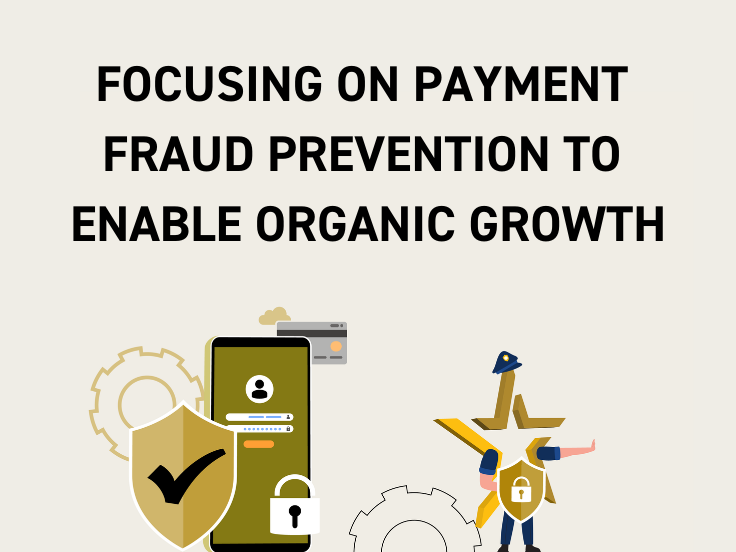 " alt="">
" alt="">
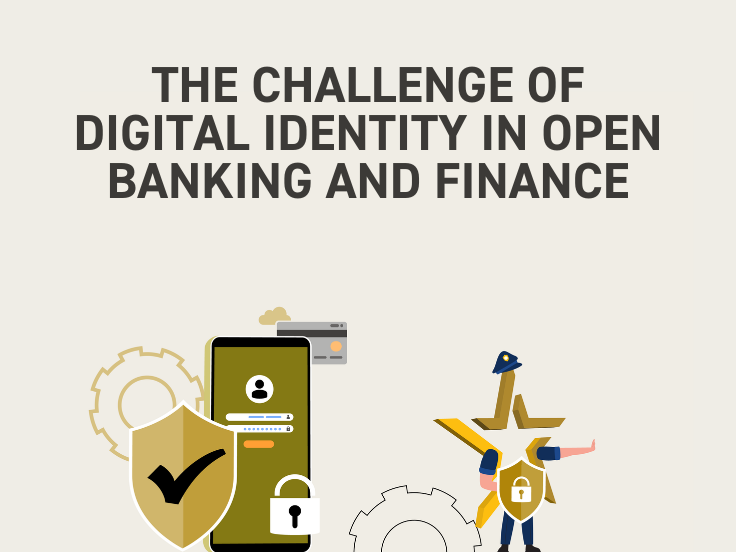 " alt="">
" alt="">
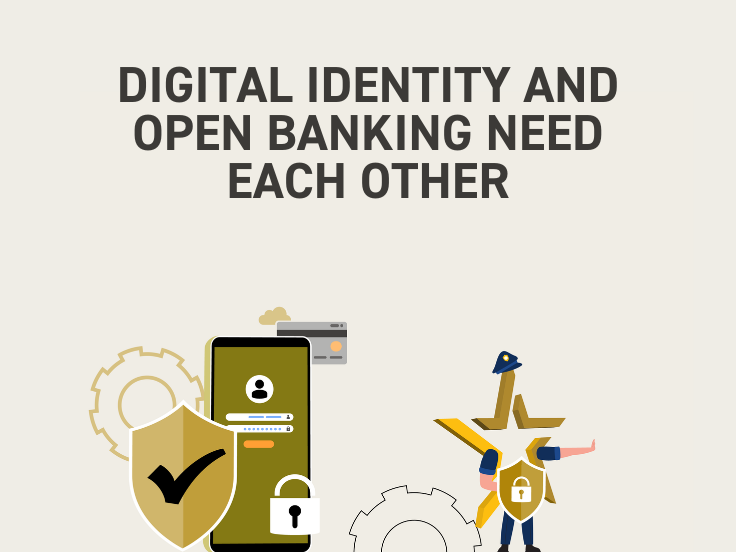 " alt="">
" alt="">
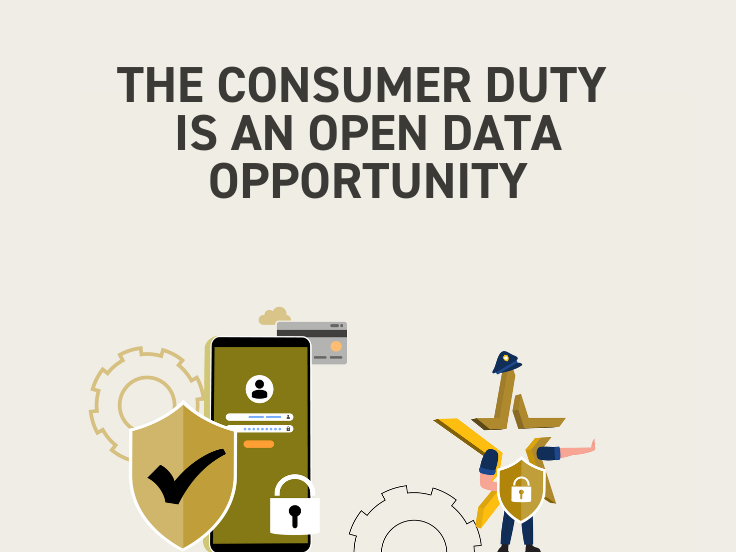 " alt="">
" alt="">
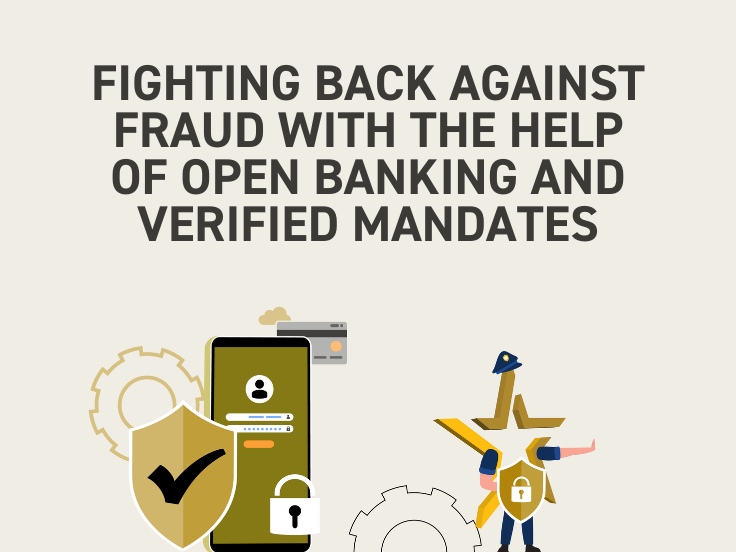 " alt="">
" alt="">
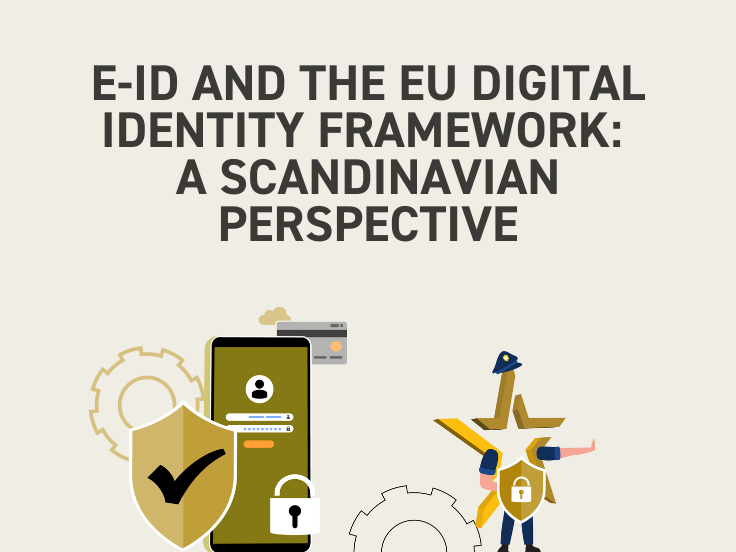 " alt="">
" alt="">
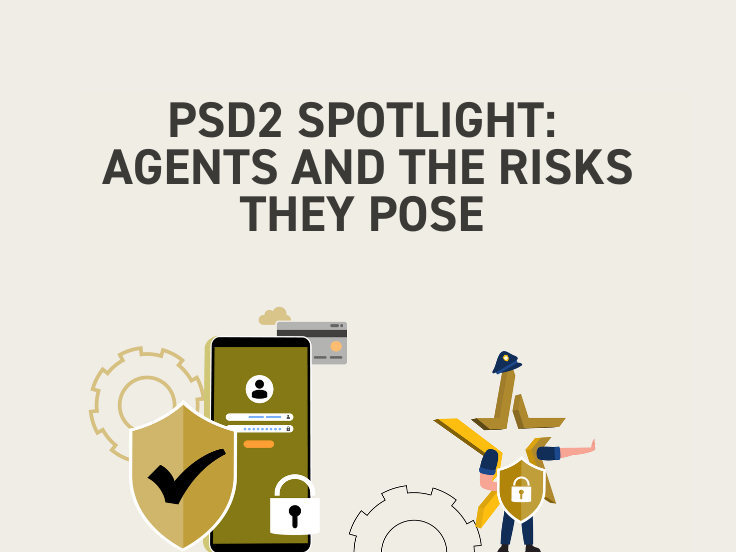 " alt="">
" alt="">